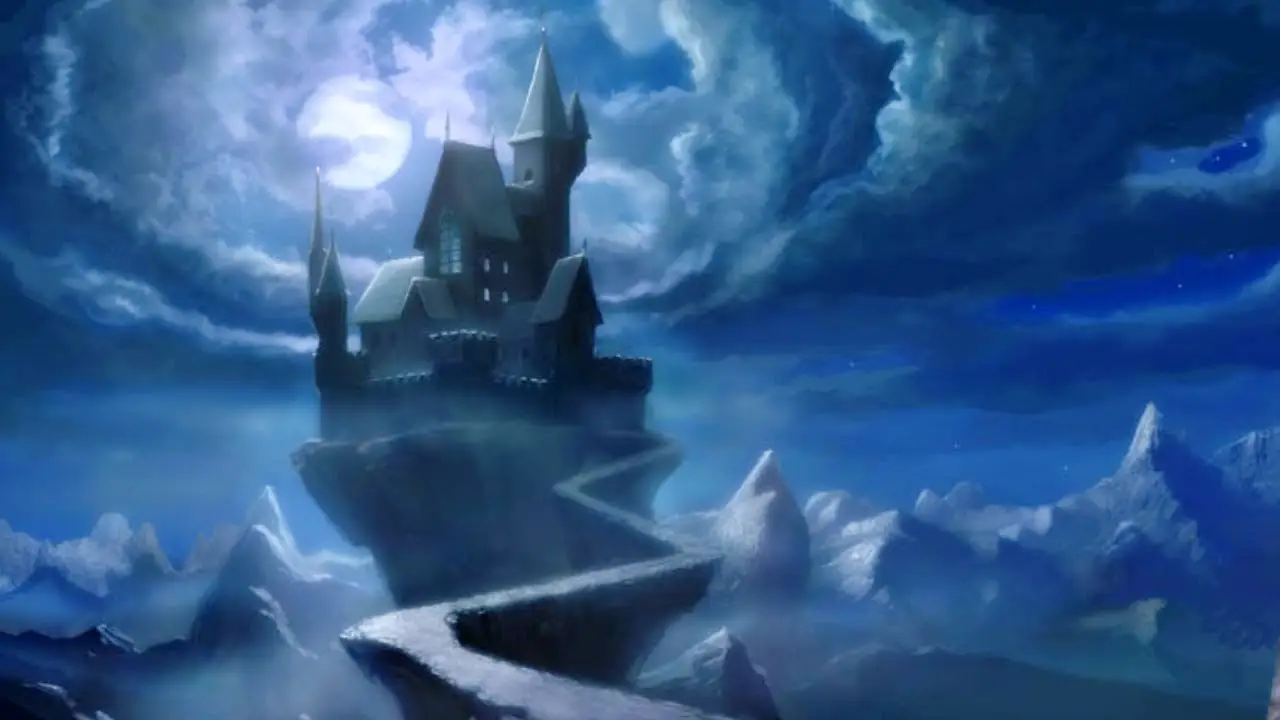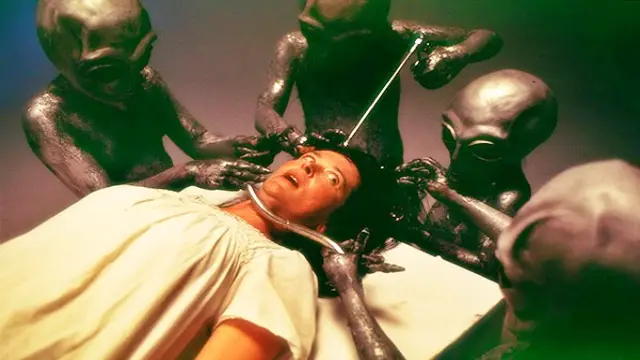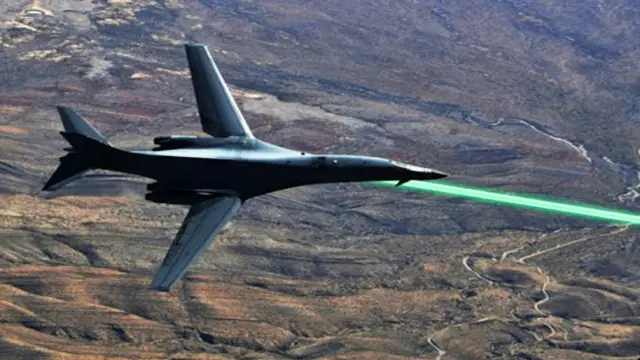n
Belarus celebrates its main national holiday on July 3 to mark its 1944 liberation from Nazi German troops.
n
Belarus was devastated by World War II. During the three years that Nazis occupied the nation, they destroyed 209 out of the 290 cities in the nation, more than 9,000 villages, 85% of its industry, and more than a million buildings! Worse, between two to three million people died! This means that Belarus lost from one-fourth to one-third of its population during the war!
n
Belarusians fought back hard against the Nazis. Even from the beginning of the Nazi occupation, a resistance movement emerged: Belarusian patriots hid in the woods and swamps and coordinated a guerilla war that succeeded in inflicting heavy damage to German supply lines, communications, depots, fuel dumps, and transports. Of course, they also ambushed German soldiers themselves. Because of this hard-fought resistance to Nazis, the capital city of Minsk was awarded the title Hero City, and the fortress of Brest was awarded the title Hero Fortress.
n
For several years, Belarus celebrated its 1990 independence from the USSR (the Soviet Union) on July 27, but in 1996, the people were asked in a referendum whether they wanted to keep the July 27 date or to move the independence day celebrations to July 3 in honor of Nazi liberation. For whatever reason, 88% of the people agreed to move the holiday to the earlier date.
n























